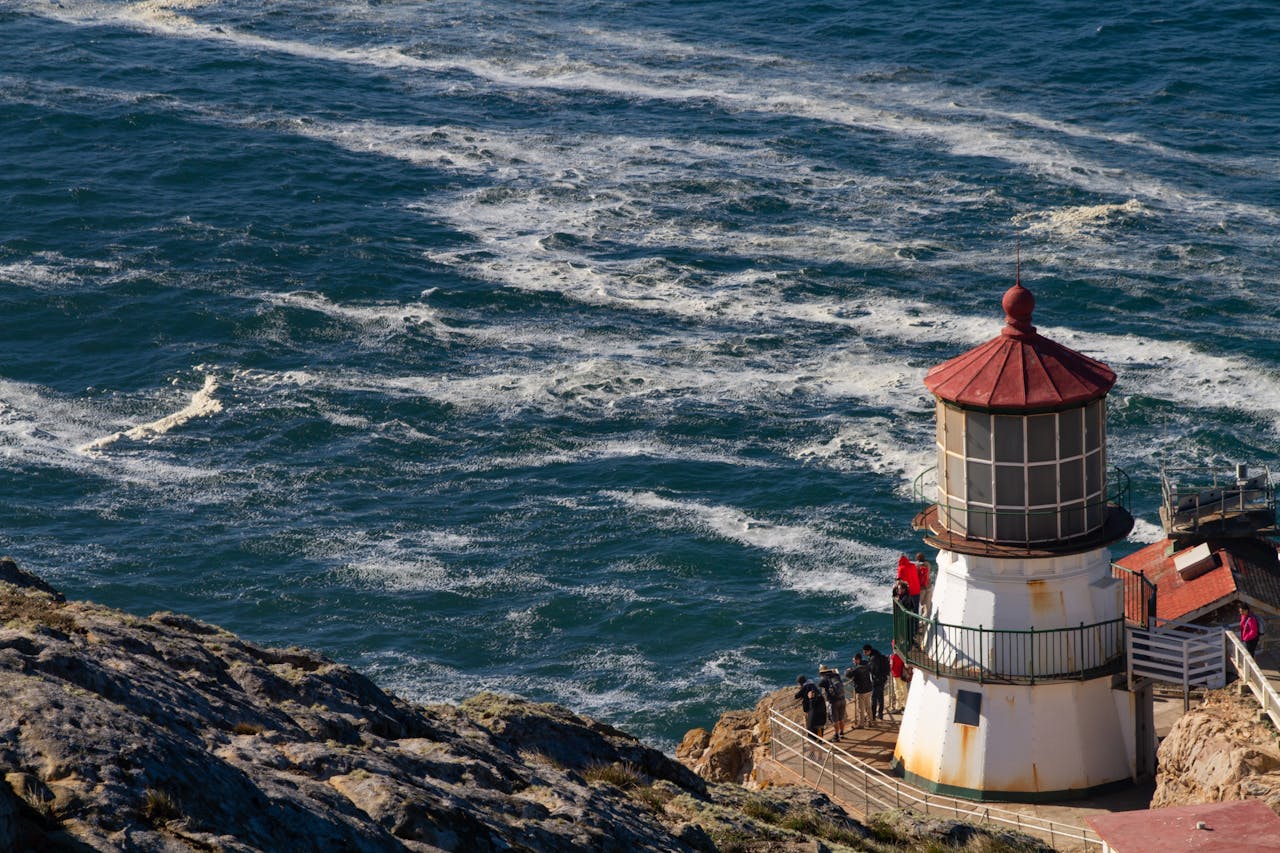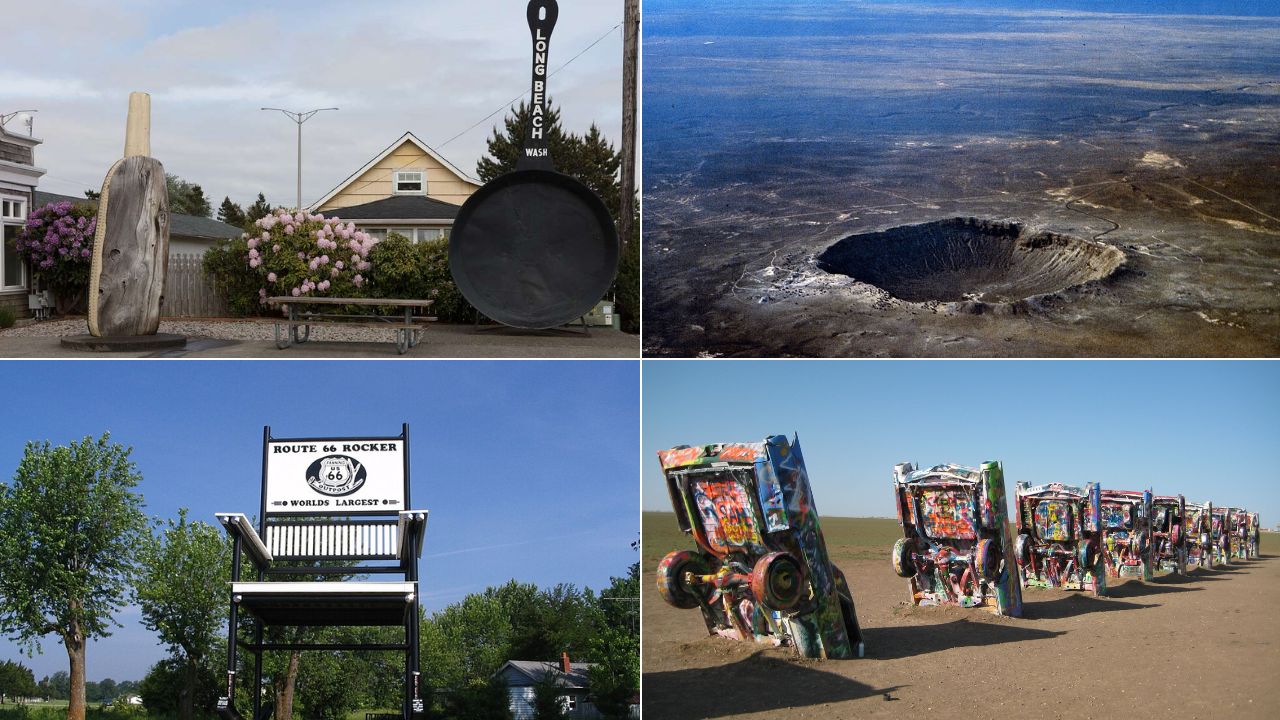Crowded historic centers and strained parks pushed governments to redirect visitor money into local hands. Rather than blunt bans, the current playbook ties fees to resident wages, small business grants, and neighborhood services. Conservation levies hire trail crews. City taxes underwrite transit and sanitation. Housing programs offset rental pressure where holiday lets multiplied. The aim is calmer streets and open heritage without hollowing out daily life. These seven examples show how public cash and tourist receipts can soften friction while keeping welcome signs honest.
Spain: Catalonia Channels Tourist Tax Into Community Relief

Catalonia raises its regional stay tax and commits a visible share to resident needs tied to tourism pressure. Earmarked funds help cities manage trash collection, late night enforcement, and bus lines serving crowded districts. Municipalities also pilot housing responses in zones where short term rentals displaced tenants. Paired with tighter licensing and audits, the tax reframes visitors as payers for livability. Residents see receipts land in services they touch weekly, which lowers tension while keeping museums, beaches, and markets accessible.
Italy: Venice Uses Access Fees To Pay For Local Services

Venice layers a day trip access charge on top of lodging taxes to fund staff, sanitation, and transit coordination residents depend on year round. Dynamic pricing nudges arrivals into calmer windows, spreading crowd peaks that once crushed vaporetto lines and trash pickup. Revenue supports stewards at pinch points and repairs to stones and bridges worn by footfall. Exemptions for overnight guests reflect separate hotel taxes already feeding the budget. The city turns visitor flow into cleaner streets and quieter squares.
New Zealand: Visitor Levies Fund Conservation Jobs For Locals

New Zealand’s national levy on international arrivals finances trail maintenance, hut repairs, and biodiversity projects where hikers and road trippers concentrate. Councils and community groups win contracts, creating seasonal and permanent roles in the places absorbing peak load. Funds also improve toilets, car parks, and wayfinding so pressure leaves fewer scars. When travelers pay at the gate, crews fix the tracks and wetlands that need it most. Residents see wages, not just wear, from tourism that crosses their backyards.
Iceland: Lodging And Cruise Fees Return Money To Towns

Iceland reinstates and raises per night lodging taxes and adds a daily fee for cruise calls to help ports and municipalities manage seasonal strain. Revenue strengthens local budgets for road repairs, trail hardening, and emergency services that spike with visitor numbers. Publishing rates keeps the program legible, while sharing formulas send cash to towns that host the crowds. The message is clear. Those who enjoy waterfalls, hot springs, and harbor views help fund the work that keeps them open and safe.
Bhutan: Sustainable Fee Supports Communities And Culture

Bhutan sets a high per night Sustainable Development Fee to protect culture and ecology, then routes proceeds into public goods that residents use. Guides, drivers, and small suppliers earn from a model that favors low volume and longer stays. Revenue supports schools, clinics, and conservation, tying visitor access to community outcomes. Adjustments to the nightly amount still keep the structure intact. Locals see a wage ladder, not only foot traffic, and fragile trails avoid the churn of unmanaged mass travel.
Japan: Departure Tax Backs Transport And Site Upgrades

Japan’s small departure levy applies to travelers leaving the country and helps finance tourism infrastructure that residents share. Funds improve station flow, multilingual signage, and crowd management at popular corridors where daily life and sightseeing overlap. The mechanism treats airports and rail hubs as collection points, then cycles benefits back into neighborhoods absorbing peak loads. With upgrades funded, stations run cleaner, lines shorten, and the same platforms serve commuters and guests without daily friction.
Portugal: Housing Programs Offset Pressure From Holiday Lets

Portugal pairs municipal curbs on short term rentals with national housing tools that effectively pay owners to back long term tenants. Subsidies, guarantees, and tax treatments shift incentives in districts where holiday bookings priced out residents. Cities then reinvest tourist receipts into neighborhood services and transit that locals use. The result is quieter streets at night, steadier school enrollment, and less churn in core areas. Visitor money meets resident stability, which keeps cafes and groceries alive after peak season fades.


